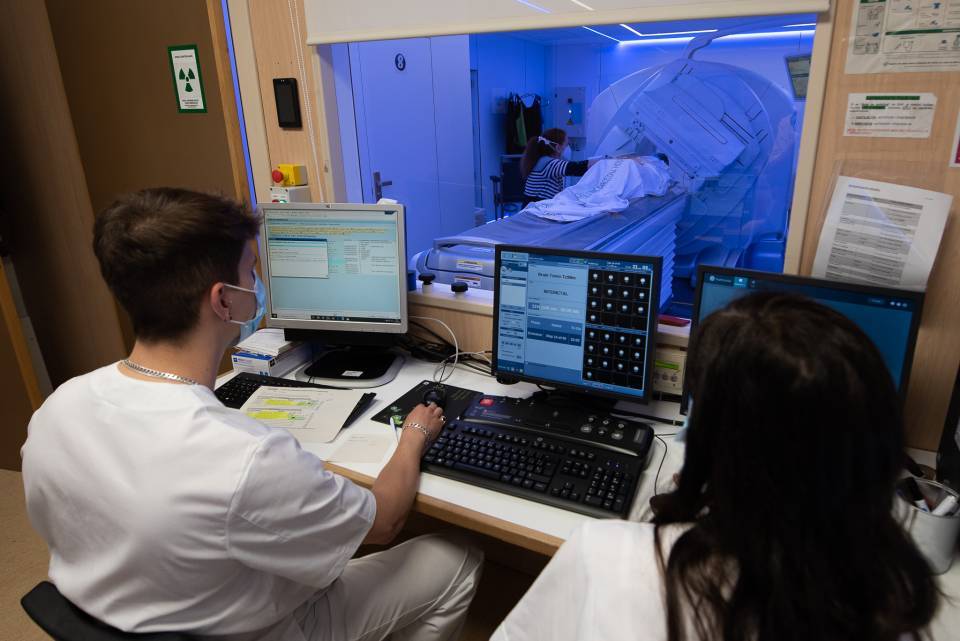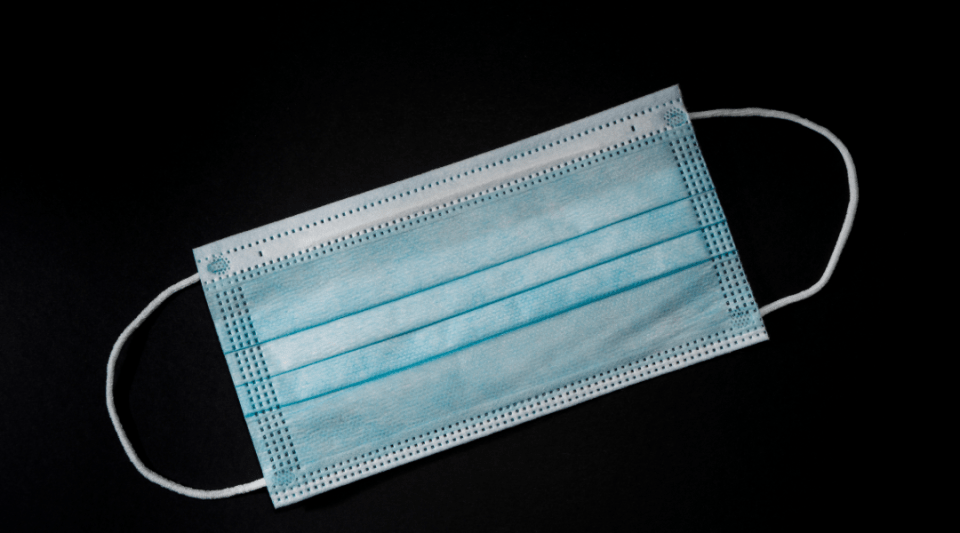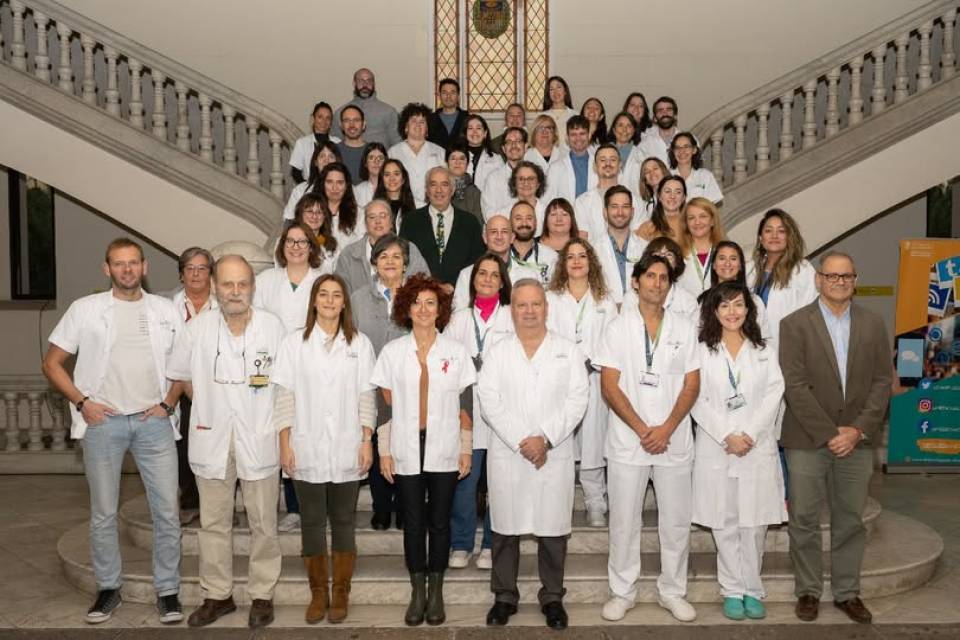A systematic review and meta-analysis by the Stool4TB partnership supports the use of the Xpert Ultra test on stool samples for diagnosing tuberculosis in children. The study, led by researchers at ISGlobal, an institution supported by “la Caixa” Foundation, and Hospital Clínic Barcelona has been published in The Lancet Microbe.
Tuberculosis (TB) is difficult to diagnose in children due to non-specific symptoms and the challenge of obtaining respiratory samples that contain enough bacteria for confirmation. This delay in diagnosis can lead to serious health problems and even death. In an effort to improve TB detection in young children, the scientific community is exploring the use of more accessible samples, such as stool, for molecular testing.
ISGlobal PhD student Lucía Carratalà and an international team of experts from the EDCTP-funded Stool4TB project, conducted a systematic review and meta-analysis to examine the effectiveness of stool-based molecular tests and processing methods for TB diagnosis in children. The analysis included data from 35 studies (a total of 6,562 children) published from 2000 to 2023. The authors compared the detection of Mycobaterium tuberculosis DNA in stool with traditional microbiological tests on other samples or clinical diagnosis.
“This is the most up-to-date systematic review on this topic, with a large number of studies using Xpert Ultra, which is the frontline test for TB diagnosis in most high-burden countries,” says Alberto García-Basteiro, ISGlobal researcher, associate physician in the Department of Preventive Medicine and Epidemiology of the Hospital Clínic Barcelona and coordinator of the Stool4TB consortium.
A simpler and effective way to confirm TB
The results show that the molecular tests Xpert MTB/RIF and Xpert Ultra had promising results when used on stool samples. In particular, stool Xpert Ultra, identified about 73% of the children who were bacteriologically confirmed via respiratory samples. When respiratory-based tests were negative, adding this test increased the overall bacteriological confirmation of TB by 39%.
In addition, simplified methods for processing stool samples without the need for a centrifuge did not affect - and often improved - the performance of the molecular tests. These results show that stool Xpert Ultra provides an easier and effective way to confirm TB in children, especially when respiratory samples are difficult to obtain.
“The WHO guidelines have recently included stool-based molecular testing as a valid tool for diagnosing TB in children. Our study further supports this approach by providing new evidence on the diagnostic accuracy of Xpert Ultra in stool samples,” says Carratalà, who received a grant from the European Society of Pediatric Infectious Diseases to carry out this work. Furthermore, the adoption of this test by several African and Asian countries supports its feasibility and acceptability in high-burden countries.
The authors conclude that the use of Ultra on stool samples has great potential for routine TB testing in children and could significantly improve early diagnosis and treatment, potentially saving many young lives.
Reference
Carratalà L, Munguambe S, Saavedra-Cervera B et al. Use of stool-based molecular tests for pediatric tuberculosis diagnosis: a systematic review and meta-analysis. Lancet Microbe. 2024. Doi: 10.1016/j.lanmic.2024.100963




